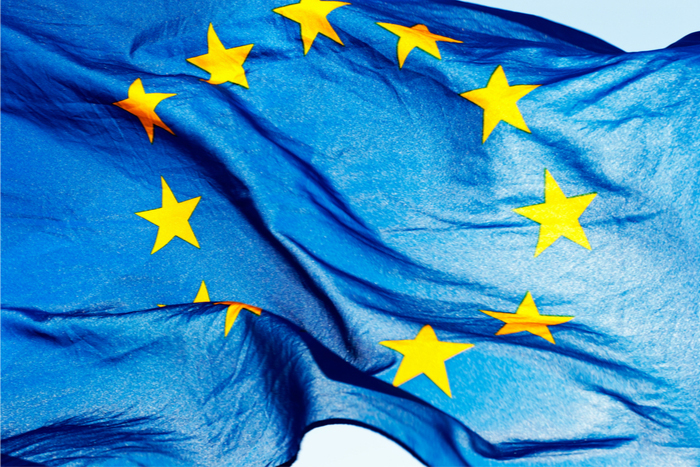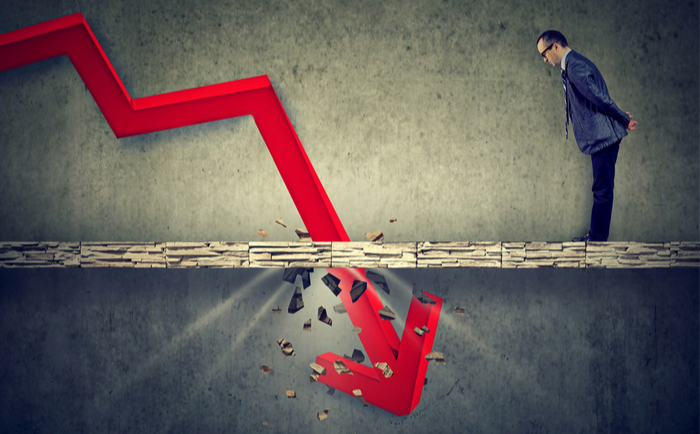There is a clash under way in Brussels over the future of measures to introduce sustainable corporate governance across the European Union.
This week members of the European Parliament wrote to commissioners to “insist” on the inclusion of key measures in the coming legislation they fear will be watered down. Meanwhile, campaign groups have voiced their concerns over delays. The new directive is certainly causing friction.
An EU consultation on sustainable corporate governance was launched in October last year aimed at writing new governance rules that would compel companies to address their impact on climate, the environment and society. It would also introduce mandatory human rights due diligence across EU states.
But the move has attracted much criticism, especially a study conducted by EY, the professional services firm, used to establish the reasoning for new governance laws. One group of professors delivered a brutal review saying the study “fails on every important dimension,” and presents “inapposite evidence”. Another group of academics wrote an open letter calling for a pause on developing new rules. “Well-intentioned but ill-considered prescriptive corporate governance reform can make it harder, not easier, to address the pressing social challenges,” they wrote.
‘Liability regime’ for human rights
MEPs are now concerned at a “lobbying campaign currently happening” against the reforms they called for in March, while NGOs worry that the European Commission has delayed introduction of the directive until after the summer and handed shared responsibility for pushing it through to internal market commissioner Thierry Breton. Development work so far has been handled by the justice and consumer affairs directorate.
In their letter MEPs’ demand the new legislation apply to “large undertakings”, “all publicly listed SMEs” and “high-risk SMEs” covered by EU law. They call for human rights due diligence measures included in the legislation to include “all risk along the entire value chain” and argue for a “liability regime” so companies can be held to account for “any harm arising out of potential or actual adverse impacts on human rights, the environment or good governance”. MEPs also call for sanctions that can be applied to companies who breach the rules that are “effective, proportionate and dissuasive”.
MEPs say all of this is needed so new EU law is in line with the UN Guiding Principles on Business and Human Rights. “We expect the Commission’s upcoming proposal on sustainable corporate governance to have a level of ambition commensurate with the position of the European Parliament…,” the letter says.
Adding to the sense of crisis around the proposals, the NGOs—among them Amnesty International, Friends of the Earth and Oxfam—write: “The fate of these proposals and their new timelines for adoption is now unclear.”
Shareholders to stakeholders
Efforts to craft new EU sustainable corporate governance measures were always going to encounter obstacles because they embody an attempt to lever corporate purpose away from shareholders to “stakeholders”. This shift in thinking is one of the hottest debates in corporate governance at the moment. The UK’s Institute of Directors last year launched a new think tank aimed at researching stakeholder governance and sustainability.
The consultation document highlights ambitions to introduce new directors’ duties that would compel board members to “identify stakeholder interests” and manage sustainability risks and opportunities “in relation to stakeholder interests”.
These were underpinned by proposals to introduced mandatory links between sustainability measures and executive pay. Elsewhere the proposals also include measures to introduce corporate due diligence duties based on minimum standards.
The Commission has undertaken its consultation but as ever there will be much backroom wrangling before there is any resolution. The final shape of corporate governance for EU member states is yet to be hammered out.





